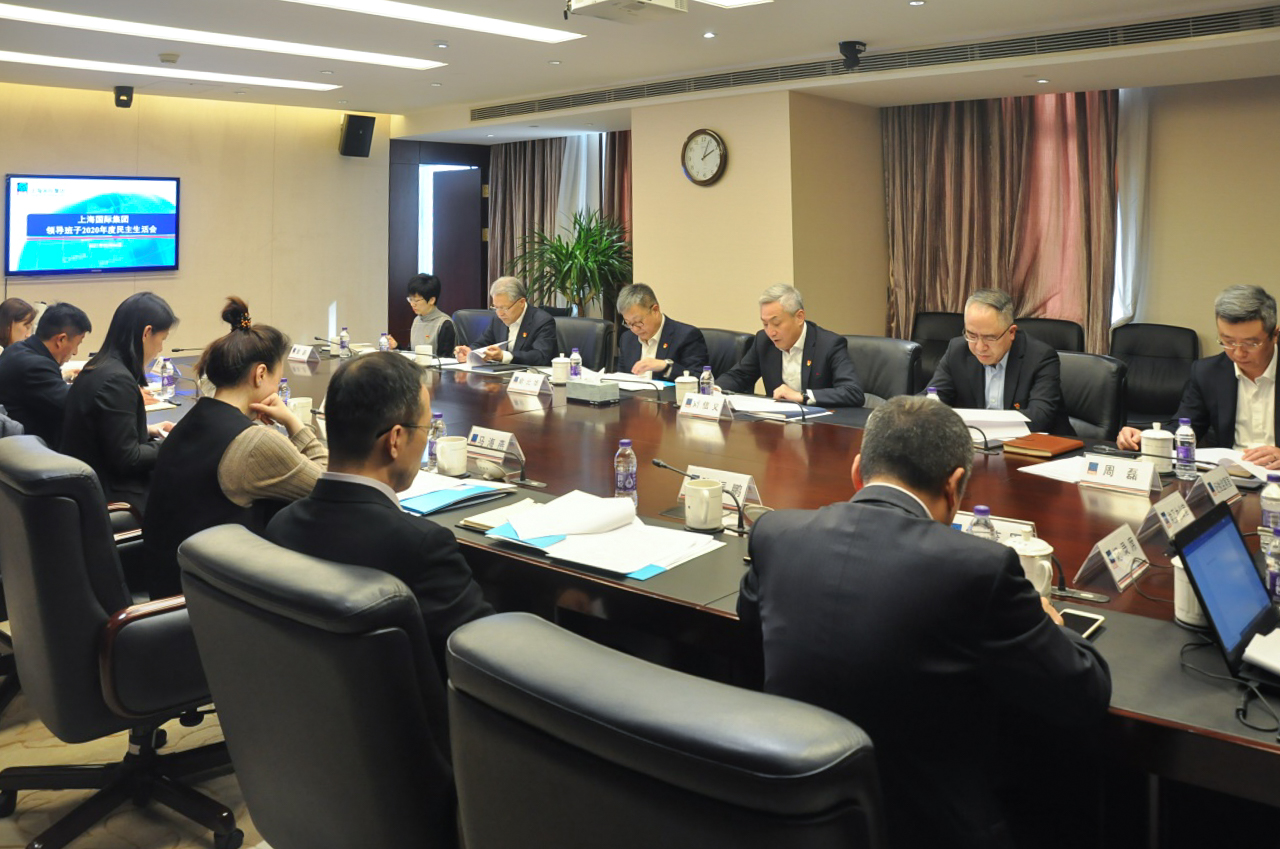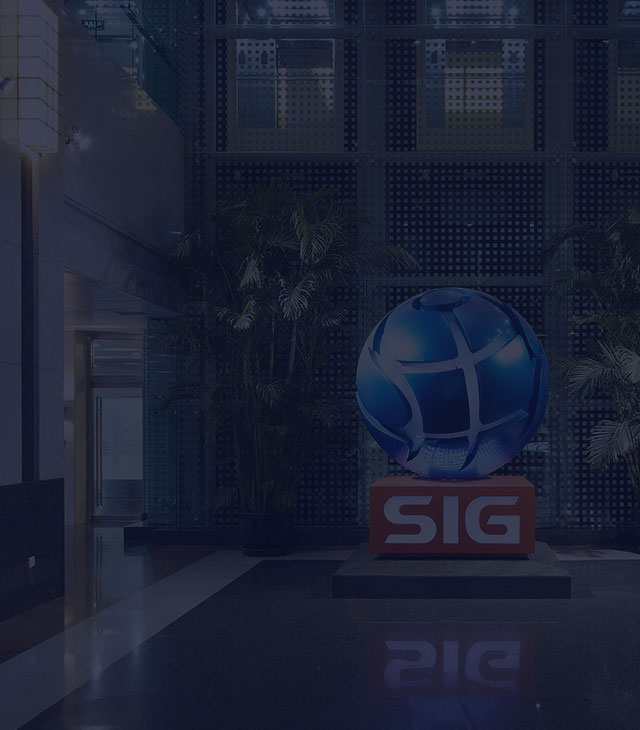CPC SIG Committee Holds 2020 Meeting of Criticism and Self-Criticism for Group Leaders
- Recent reports
-
2023-04-28
Strengthening the Fulfillment of Responsibilities, Eliminating Potential Hazards: SIG Conducts Safety Inspection before "May Day" Holiday
Learn more
-
2023-04-27
Nearly 100 Invested Enterprises of SSC Selected into Global Unicorn Index 2023
Learn more
-
2023-04-26
Seizing Opportunity, Recording Lowest Coupon Rate, Enhancing Market Visibility: SSAM Successfully Issues First-Tranche MTNs in 2023
Learn more
The CPC SIG Committee held the 2020 Meeting of Criticism and Self-Criticism for Group Leaders on the afternoon of February 4. Under the theme of seriously learning and implementing Xi Jinping's thought on socialism with Chinese characteristics for a new era, strengthening political building, improving political ability, maintaining close ties with the people, striving for the great success of building a moderately prosperous society in all aspects and achieving the first centenary goal, and embarking on a new journey toward the second centenary goal of fully building a modern socialist country, the meeting conducted self-examination, Party spirit education, criticism and self-criticism based on SIG's work, as well as the actualities of the leading body and individuals.

Yu Beihua, Secretary of the CPC SIG Committee and Chairman of the Board of Directors, hosted the meeting. Present were members of the leading body of the CPC SIG Committee, including Liu Xinyi, Wu Jun, Guan Wei, Zhou Lei, Ma Haiyan and Chen Zhenpeng. Hu Youlian, Chairman of the Board of Supervisors of SIG and Zhong Maojun, Chief Operation Officer of SIG attended the meeting. Also present was Liu Yiying, Head of the 36th Supervisory Group of the CPC Shanghai Municipal Committee and other officials.
For the success of the meeting, members of the leading body of the CPC SIG Committee learned Xi Jinping's thought on socialism with Chinese characteristics for a new era and the spirit of the 5th Plenary Session of 19th CPC Central Committee in advance, learned the Constitution, regulations and discipline of the Party in depth, learned and studied Xi Jinping, The Governance of China III and other required books, extensively solicited opinions and suggestions, had heart-to-heart talks, examined problems in depth, carefully wrote comparative examination materials, and made full mental preparation and work preparation.
At the meeting, Liu Xinyi, Vice Secretary of the CPC SIG Committee and President of SIG, conducted a comparative examination on behalf of SIG's leading body. Liu Xinyi, Vice Secretary of the CPC SIG Committee and President of SIG, reported the correction of problems arising in the 2019 Meeting of Criticism and Self-Criticism. Wu Jun, Member of the CPC SIG Committee and Secretary for the Discipline Inspection Commission, reported the collection and summarization of opinions. Under Yu's leadership, members of the leading body conducted comparative examination, criticism and self-criticism one by one under the theme of the meeting, pointed out deficiencies and offered suggestions on improvement.
Liu Yiying spoke highly of the meeting, thinking SIG's leaders attached great importance to the meeting, made full preparation, searched for problems in depth, analyzed roots causes profoundly, conducted serious self-criticism and frank mutual criticism, and showed their strong sense of responsibility for their cause, organization and comrades. She hoped that SIG's leading body would take this opportunity to pay more attention to practical learning effects and improve their political ability, focus on prominent problems and make correction, govern the Party fully and strictly, strengthen risk prevention, focus on the central task, and promote reform and development.
Based on the opinions and suggestions offered by the supervisory group, SIG will improve, enrich and refine the corrective measures of the leading body and individuals, integrate the corrective measures with SIG's annual CPC and business work, and make greater contributions to advancing the regional reform of state-owned assets and enterprises, serving the national strategy of the integrated development of the Yangtze River Delta and supporting the building of Shanghai into five centers.




